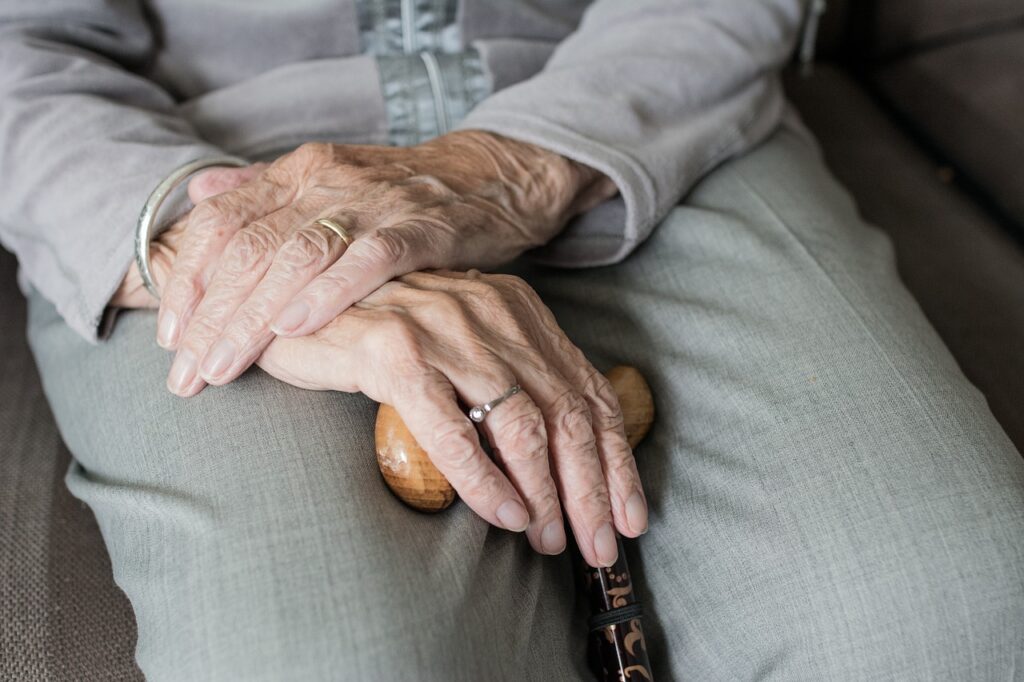
In the hustle and bustle of everyday life, it’s easy to lose sight of what truly matters. However, as people approach the end of their lives, they often gain a profound perspective on what they wish they had done differently. Bronnie Ware, a palliative care nurse, compiled these insights in her book The Top Five Regrets of the Dying, shedding light on common themes that resonate with many individuals. This overview delves into these regrets, offering valuable lessons for living a more fulfilling life.
1. “I wish I’d had the courage to live a life true to myself, not the life others expected of me”
This regret highlights the importance of authenticity and self-expression. Many people suppress their true desires and aspirations due to societal expectations, fear of judgment, or the pursuit of external validation. However, in the face of mortality, individuals often realize the profound impact of living in alignment with their values and passions. Embracing authenticity fosters a sense of fulfilment and enables one to lead a more meaningful existence.
2. “I wish I hadn’t worked so hard”
This regret underscores the detrimental consequences of prioritizing work over personal relationships and experiences. In the pursuit of career success or financial stability, individuals may neglect their well-being, relationships, and leisure activities. However, as life draws to a close, people often lament the time spent on relentless work at the expense of cherished moments with loved ones or pursuing their interests. Balancing work commitments with leisure, family time, and self-care is essential for a balanced and fulfilling life.
3. “I wish I’d had the courage to express my feelings”
Suppressing emotions and failing to communicate openly can lead to pent-up resentment, regret, and unfulfilled relationships. Many people refrain from expressing their true feelings due to fear of rejection, conflict, or vulnerability. However, harbouring unsaid words can breed regrets and hinder authentic connections with others. Embracing vulnerability and honesty in expressing emotions fosters deeper connections, facilitates resolution of conflicts, and cultivates genuine intimacy in relationships.
4. “I wish I had stayed in touch with my friends”
As life progresses, it’s easy to lose touch with friends amidst the demands of work, family, and other obligations. However, nurturing friendships is crucial for emotional support, companionship, and overall well-being. Regrettably, many people realize too late the value of maintaining meaningful connections with friends. Prioritizing quality time with friends, checking in regularly, and making efforts to stay connected can enrich life and provide comfort during challenging times.
5. “I wish I had let myself be happier”
Striving for happiness is a universal pursuit, yet many individuals undermine their own happiness due to self-imposed limitations, negative thought patterns, or past regrets. This regret highlights the importance of embracing joy, gratitude, and positivity in life. Allowing oneself to experience happiness, even amidst adversity, empowers individuals to savour life’s simple pleasures, cultivate a sense of gratitude, and find contentment in the present moment.
Conclusion
Reflecting on the top regrets of the dying serves as a poignant reminder to prioritize what truly matters in life. By embracing authenticity, nurturing relationships, expressing emotions openly, maintaining connections with friends, and prioritizing happiness, individuals can live with greater purpose, fulfilment, and regret minimization. Ultimately, these insights encourage us to live with intention, cherish meaningful moments, and cultivate a life rich in love, connection, and joy.
For reflection
What’s your biggest regret so far, and what will you set out to achieve or change before you die?
